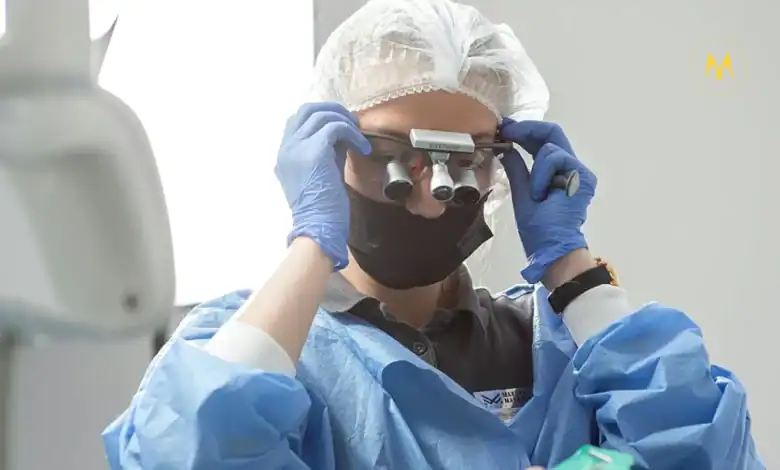Myasthenia Gravis Explained: Causes, Symptoms, and Effective Treatment Options
Living with Myasthenia Gravis

Introduction
Myasthenia gravis is a rare but serious autoimmune condition that affects the way muscles work. It happens when communication between the nerves and muscles is disrupted, causing muscle weakness that worsens with activity and improves with rest. Although the disease can affect anyone, it is more common in women under 40 and men over 60. With proper diagnosis and treatment, most people can manage the symptoms and lead an active life.
This article explains the main causes, common symptoms, and effective treatment options for myasthenia gravis, so you can better understand and respond to this condition.
Causes of Myasthenia Gravis
Myasthenia gravis occurs when the immune system produces antibodies that block or destroy the receptors on muscle cells. These receptors are responsible for receiving signals from the nerves. Without these signals, muscles cannot contract properly.
Some possible triggers include:
- Autoimmune Disorders—Conditions like lupus or rheumatoid arthritis may increase the risk.
- Genetics—In rare cases, family history plays a role.
- Thymus Gland Abnormalities – Tumors or enlargement of the thymus gland can be linked to myasthenia gravis.
- Infections and Certain Medications – Some drugs or infections may worsen symptoms in people at risk.
Common Symptoms
Symptoms vary from person to person, but the most common include:
- Drooping Eyelids (Ptosis)—One or both eyelids may droop.
- Double Vision (Diplopia)—Vision may become blurry or doubled.
- Weakness in the Face and Throat—This may cause problems with speech, chewing, and swallowing.
- Difficulty Breathing—Severe cases may affect the muscles needed for breathing.
- Weakness in Arms and Legs – Physical activity can make this worse.
Diagnosis
Doctors use several methods to diagnose myasthenia gravis, such as
- Physical Examination – Checking muscle strength and reflexes.
- Blood Tests—Detecting specific antibodies.
- Electromyography (EMG)—Measuring electrical activity in muscles.
- CT or MRI Scan – Looking for thymus gland problems.
Treatment Options
ALSO READ: Legionnaires’ Disease Explained: Causes, Symptoms, and Global Prevention Tips
While there is no permanent cure, treatment can control symptoms effectively:
1. Medications
- Anticholinesterase Drugs—Improve nerve-to-muscle communication.
- Immunosuppressants—Reduce immune system attacks.
2. Thymectomy (Surgery)
Removing the thymus gland can help in some patients, especially if a tumor is present.
3. Plasmapheresis and Intravenous Immunoglobulin (IVIG)
These treatments filter harmful antibodies from the blood or block their effect.
4. Lifestyle Adjustments
- Rest often to reduce fatigue.
- Avoid extreme heat.
- Eat small, soft meals to prevent swallowing issues.
Living with Myasthenia Gravis
Support from family and healthcare professionals is essential. Regular check-ups, taking medications as prescribed, and learning to recognize symptom flare-ups can help manage the condition. Joining a support group may also provide emotional strength and practical advice.
Final Thoughts
Myasthenia gravis can be challenging, but it is manageable with the right medical care and lifestyle changes. Early diagnosis is key to preventing severe complications. If you notice persistent muscle weakness or other symptoms, consult a healthcare provider immediately. Understanding the disease is the first step toward living a healthy, fulfilling life despite the condition.
ALSO READ: Understanding Hepatitis: Causes, Symptoms, and Prevention You Should Know
Frequently Asked Questions
Yes, it is usually a long-term condition, but with treatment, many people live normal lives.
Light, supervised exercise may help maintain muscle strength, but overexertion should be avoided.
No, myasthenia gravis is not contagious. It is an autoimmune condition.
Yes, but it is rare. Some newborns can develop temporary symptoms if their mother has the condition.
Avoid certain medications, extreme temperatures, and activities that cause excessive fatigue. Always consult your doctor before starting new drugs.





gkkibl